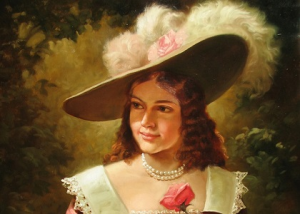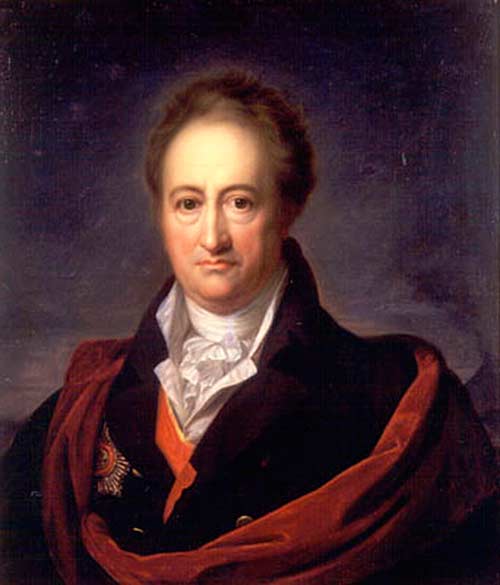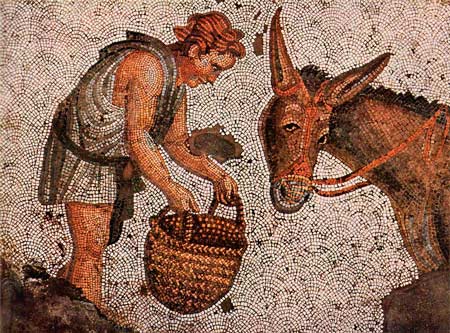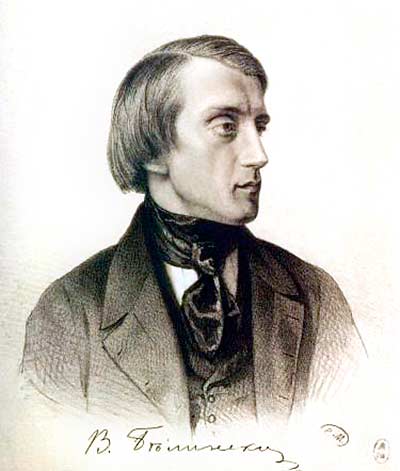Bogdanovich “Darling”
 The content of “Darling” is taken from La Fontaine’s prose work “The Love of Psyche and Cupid” (“Les amours de Psyché et de Cupidon”). The content of this work, in turn, was borrowed by the author from Apuleius’s novel The Golden Ass.
The content of “Darling” is taken from La Fontaine’s prose work “The Love of Psyche and Cupid” (“Les amours de Psyché et de Cupidon”). The content of this work, in turn, was borrowed by the author from Apuleius’s novel The Golden Ass.
In the work of Apuleius, the main idea is that the soul, immersed in sensuality, matter afterwards, thanks to the initiation into the sacraments, is purified and transformed. The soul of a woman (Psyche), having lost its original purity, should as a slave of Love (Venus) undergo a series of severe tests in order to ascend to the divine bridegroom – Eros (Cupid, Cupid).
Already Lafontaine took for his novel from the tale of Apuleius only an erotic fable, discarding the “idea”. Following the same, Lafontaine, did Bogdanovich.
The summary of his poetic story is as follows. The oracle predicts to the king, the father of Darling, that his daughter will marry the monster; to fulfill the will of the gods, it must be taken to the mountain and left there. The order of the oracle is executed, and the abandoned heroine becomes the monster’s wife. She lives in a rich palace, surrounded by wealth, but does not see her spouse: he comes to her only at night.
She does not dare to find out who he is, because she is warned that then she will lose all her blessings. Curiosity, however, conquers all. She lights the lamp when her husband is to her. It turns out that he is the god Amur himself. For disobedience, Darling loses all wealth and wanders alone in the desert. Despair causes her to seek means to suicide, but Cupid saves her every time – and, finally, she repentantly regains both her wealth and her husband’s love.
The moral of the work, expressed in the closing words of Zeus: –
The law of time makes a beautiful look thin!
The outer shine in the eyes passes like smoke,
But the beauty of the soul, nothing changes –
She is one always and all captivates!
– Remains from the Greek original. Nevertheless, it fits in with that light cynicism, which, being layered on this plot in France, is sometimes made rude under the pen of Bogdanovich. The most wit, thin at La Fontaine, has become heavy with the Russian poet. The grief of the father, when parting with the daughter, is depicted, for example, as follows:
And finally, the king, bent with grief in the hook,
Forcibly pulled out of his daughter’s hands.
Wandering in the desert, Darling meets the fisherman. He asks her who she is; – she answers:
“I – darling … I love Cupid!”
Then she burst into tears like a fool …
Olympians are presented in caricature form:
And there, before her, Saturn, without a tooth, baldness and a saddle,
Wrinkles on old age
He tries to forget that he is a long-time grandfather:
Binds up his decrepit camp, wants to be younger,
Kudrit remaining hair their scraps
And to see my darling he takes off his glasses.
The heroine of Bogdanovich lost all the poetry of Apulean Psyche and turned into an empty, capricious “dandy”, loving clothes and fans, for the sake of wealth easily reconciled with the idea that her husband is a monster. It is curious that Bogdanovich’s poem, apart from a few playful folk sketches of his own invention, included some motifs of Russian fairy tales (“Koschey the Immortal”, “Tsar-maiden”, “milk and honey”, “dead and living water”).
However, the author treats classicism as well as folk poetry with mockery. For us, of course, it is especially important that both the form and the content of this work undermine the basis of pseudo-classicism, and the heroine gets the real features of a living being.
The meaning of Bogdanovich’s poem was even recognized by Belinsky, who saw in her “a transitional stage from loud, pompous ode and heavy poems, which stunned and surprised everyone but didn’t please anyone, to a lighter poetry where a comic element is introduced, where the high mixes with the funny as it is in reality itself, and poetry itself is getting closer to life. ”
Karamzin enthusiastically responded about this poem: “In 1775,” he says, “Bogdanovich put his” Darling “on the altar of Gracia …” Darling “is an easy play of imagination, based on some rules of delicate taste, but there is no Aristotle for them “. “In such a composition, everything is correct, which is funny and fun, ingeniously made up, well said. It seems very easy – and in fact is not difficult, but only for people with talent. ”
Such a court of Karamzin, who has already broken everything with false classicism for the sake of sentimentalism, clearly indicates that Bogdanovich’s work belongs more to the new school of “free” feeling poets than to the class of Old Believers.
Pushkin paid tribute to Bogdanovich, taking some features from his “Darling” for his Lyudmila; with the writer of the XVIII century. the great poet subsequently honestly paid off, confessing (to “Eugene Onegin”) that in his youth he was “lovely to Bogdanovich’s poems”.



